CULTURE
BURKINA FASO – Warren B. SARÉ the man who gives life to the Senegalese Tirailleurs through photography
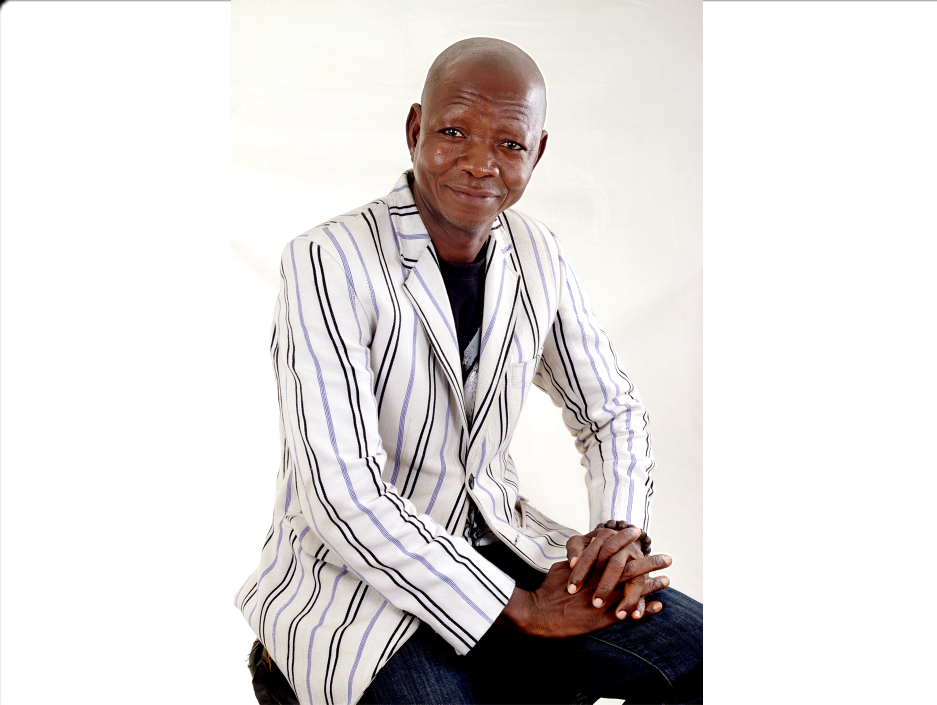
Warren B. SARÉ is a freelance photographer, President of the Photographic Center of Ouagadougou created in 2010 and initiator of African networks of creative photography. He has been involved in photography since childhood in his village in Béguédo, Burkina Faso, the country of the “Men of Integrity”, that of our late African hero, Thomas Isidore Sankara. From Bobo Dioulasso to Bamako, then Cotonou and Dakar, Warren took the time to meet these men loaded with colonial history, they who were at the front, delivered like cannon fodder to wage wars of which they were largely unaware of the causes and consequences. These men, some of whom were shot at Thiaroye in 1944 because they were simply asking for their salary, their due. Warren, he is the one who has the eye, the detail, the prediction of the objective to say forever that the Senegalese Tirailleurs will be immortal forever. Warren, he is also the one who has had international recognition thanks to his work of investigation, awareness and information, his work has been exhibited not only in the African capitals but also in Brussels and Paris. Ze-africanews went to meet this historical monument of photography in Burkina Faso for this exclusive interview.
Ze-africanews : How did you get to photography?
Warren B. SARÉ: I’ve been in photography since childhood. Very small as all the children of the village in his time in Béguédo, I discovered the photo at the age of 13 in the market of my village while I sold loincloths and dishes to women, on market days. And so I knew a gentleman called Boukaré, a photographer from Tenkodogo who unfortunately is no longer in this world to see the fruit of his teaching but he must be proud of me from where he is, He came every day from the market to take pictures in my village of Béguédo. So much so that I admired what he was doing, at one point I couldn’t even sell my items since I spent most of my time watching Boukaré take pictures. That’s how I once asked him if he could teach me how to take pictures. He said no because he couldn’t pay me at the raid. I told him that this is not what I was looking for but that I wanted to learn the profession of photography. A few days later, I left again to watch him photograph. And his scenery fell, I brought him a hand. And he said, “You really want to be a photographer”. That’s how he responded favourably to the request. And that’s how my apprenticeship with him began. I spent a year with him and then we split up because he had strategies I didn’t marry. The motive of our separation is that when he was short of money, he would come and photograph people with a camera without film. He would take the advance payments and come back later and tell them it was toast. Then one day, without my knowledge, he sent me a Yashica 6×6 camera without film to take pictures of people. But he didn’t come that day. So I decided on my own initiative to go and photograph people in two other villages. I took the advance payment and borrowed my father’s bike to give it to him 45 km from home. When I came home with the money and the camera, he said, “Oh, Warren, I forgot to put the film in the camera”.

Ze-africanews: What did you do next?
Warren B. SARÉ: I went back to the village crying because I didn’t know how to find these people photographed and I didn’t know what to tell them either. My dead mother comforted me and then sold one of my goats. She said: “My son takes this money and goes to one of the big cities to become a photographer”. I went to Ouagadougou where I had no knowledge and I also did not understand the local language in this case Mooré. In my daily activities, I met the Koranic students who speak my mother tongue, which is Bissa. I followed them, arrived at their master’s, my surprise was great. He recognized me because he was the friend of my late father. And it was at his house that my father wanted to send me to learn the Koran. I joined the group at the same time. And I became his pupil. But I did not give up my vocation. I did small jobs such as washing dishes at small restaurants in the mornings and in the evenings helping a coffee salesman to wash his glasses. I found time to deliver barrels of water to a family. I did it twice a day. Very quickly I integrated myself into society. I was this Koranic student who had a little money on him and who wore nice clothes.
Ze-africanews: What was your goal?
Warren B. SARÉ: My goal was to save for a camera. Unfortunately, I couldn’t get it. When I finished reading the Koran, I went back to the village. And my father was so proud of me. His wish was fulfilled. As for my mother, she was not completely satisfied because I did not come with a camera. So I headed for Côte d’Ivoire. When he arrived at my uncle’s house in 1987, he asked me to go into the cocoa fields. I told him that I came to photograph and not to work in the fields otherwise I would stay in the village. I started selling bags at the Adjamé market and eggs in Williams City. Then one day, I met a photographer who had a studio, he tested me and decided to keep me as his assistant. I did two and a half years, and I still couldn’t get my own camera, so I decided to come back. I took up my small jobs as a commercial employee in a bleach sales company called Fare Faso. Afterwards, I joined a photo studio called freedom Production which belonged to Mr.Bado L. Mathurin. Then one day a gentleman by the name of Lucien Rebuffel, who had offered a school in the village of Bah, located on the border with Mali, and who was coming for the inauguration, asked our studio to come and do the report. I was chosen for this job. When he saw the way I worked, he was very happy. At the end of the report, he approached me and offered me two gifts. One was to take me with him to France, the other to propose what I wanted. I told him I wanted a camera. Three months later, he sent me my camera at the French embassy in Ouagadougou. And that’s where my photographic career begins as an independent photographer.

Ze-africanews : Was Malick Sidibé one of the people who gave you advice? Who was Malick Sidibé?
Warren B. SARÉ: He was a father to me because every time I went to Bamako, he received me in his studio and gave advice. A family bond was born between father and son. Then one day, he told me: “Warren you love photography more than me. ‘Except I was lucky to be discovered by someone who made me public more than you.’ He asked me how I came to Bamako, I told him that I financed my trips. He was a true humanist. In 2010, when I organized an international meeting of photography in my center in partnership with Contrast Bruxel under the sponsorship of Malick Sidibé, I inform my partners and acquaintances of his arrival, they suggested to me that he would not come. And he, despite his state of health, had given me the assurance of his coming and he honored his commitment. He told me that he would have liked me to be his son to succeed him in his studio in Bamako. When I learned of his disappearance it was a shock to me but no one escapes the laws of nature. He left a void in the world of photography. My dream is to organize one day an African photographic event in tribute to Malick Sidibé in Bamako to immortalize it. And why not a Malick Sidibé photographic center in Bamako one day?
Ze-africanews: What does it take to be a good photographer?
Warren B. SARÉ: To be a good photographer for me, you have to feel the pleasure of being a photographer first.
Ze-africanews: For you photography, what is it?
Warren B. SARÉ: Photography is an art like other arts but its particularity is that it allows us to discover ourselves and remain immortal.Photography for me is also having the need and the feeling of transmitting. Being a photographer means witnessing one’s time and this image must be immortalized, shared.Being a photographer is like being a writer. It is also a normal activity like any other. It is a means of meeting and sharing experiences. It is also a way to give and receive and to make oneself useful. The photographer allows one to immortalize oneself.

Ze-africanews: Tell us about the Ouagadougou Photography Center?
Warren B. SARÉ: The Photographic Center of Ouagadougou was born in 2010 during my various trips to Bamako for the African biennial of photography of Bamako. From the observation made in Bamako in the world of photography, back home after having made the state of the situation, I immediately felt the need to have a framework of encounter and exchange of photography. It is above all a question of sharing the experience I received from my trips to Bamako with those who did not have the chance to be there. I have known characters with photographic studios but they have never organized frameworks for exchanges and sharing of their experiences in this field. They kept them in them. I wanted to put an end to that. I told myself that we can and must share our experience because it allows us to learn more. In 2010 the Centre Photographique de Ouagadougou organized an international workshop on Africa-Europe photography and a West African workshop on photography in partnership with the Goethe Institute. In 2011, he organized a second West African workshop with the Goethe Institute and a Ouaga-Bamako Image Caravan; Bamako-Ouaga for two weeks. In 2013, the Ouagadougou Photographic Centre was officially inaugurated in partnership with the Goethe Institute. In 2014, we organized two workshops at the French Institute of Ouagadougou, one with the students of the Beaux de Beyrouth and the photographers of the center and the second on the landscape.Since the end of 2014, the center has struggled to insure these charges because they are all supported by Warren SARÉ. And the Covid-19 pandemic has made it more difficult. Since 2014, the center is looking for a reliable partner to support it in its noble approach.
Ze-africanews: “The Last Map”? What is it? Tell us about this major project?
Warren B. SARÉ: The “Last Card” is first about the history of my family. In 1981 when I went back to the village, I borrowed a camera to interview my grandfather. I wanted to know his story. And that’s when he told me about Veterans Affairs in general and my great-grandfather in particular who was forced into the French army but never came back. So this return to the source allowed me to know the history of my family. It gave me a photographic signature. The last map is the map of the fighters that each of them holds and which links him to France.

Ze-africanews: Why focus on the “Senegalese Tirailleurs”?
Warren B. SARÉ: In 1985 when my grandfather passed away, I decided to continue sharing the story he told me about the Tirailleurs. That’s how I started to meet those of them who had participated in the Second World War and that of Algeria and who were still living. I was able to make moving encounters. And when I meet them for the first time, they see me as a liberator and as someone who brings them the recognition they were waiting for. At one point, I was afraid and I almost stopped questioning the Senegalese riflemen because every time I met one of their riflemen, two or three days later, his children called me to announce his death. But I told myself that they were waiting for my visit to free themselves and share their stories with future generations. And every time I made an effort to offer a giant portrait of them to their families so that they could remember them after their death. From 1996 to 1997, I visited Niger and Benin respectively. In 1998, for the first time, I received a grant from Africalia which allowed me to visit some countries in West Africa such as Mali, Côte d’Ivoire, Senegal, Guinea Conakry and Togo.
Ze-africanews: What did this project “The Last Map”, make you discover concretely, taught you?
Warren B. SARÉ: This project allowed me to have wisdom through the different advice I received from my meetings with Veterans Affairs. It allowed me to learn their history, our history. It allowed me to discover myself and make myself public and visible.

Ze-africanews: You have had international recognition for your work, which countries have your photos been exhibited in?
Warren B. SARÉ: In 2013 I exhibited in Brussels during the Festival Regards Croisés.In 2014, I did an exhibition at the French Institute in Ouagadougou. My photos were exhibited in France at the Angoulême Museum on the occasion of the EMOI Photographic Festival in 2017. I exhibited at the France photographique festival in Lyle. In early 2020, I exhibited in Belgium. In 2018, I presented a 12-minute documentary film about the Senegalese Tirailleurs at La Francophonie headquarters in New York.
Ze-africanews: How do you feel about this recognition?
Warren B. SARÉ: It is a feeling of pride and gratitude and a call to do better.
Ze-africanews: How can you call your photography: a historical photograph? A committed photograph?
Warren B. SARÉ: It’s a historical and memory photograph.

Ze-africanews: What are your next projects?
Warren B. SARÉ: My next project is in the footsteps of traditional hunters called Dozo and also on mixed couples. I have at my disposal several testimonies filmed on the Senegalese Tirailleurs in Africa and France whose support I expect for the editing.
Ze-africanews: Do you have a message to send?
Warren B. SARÉ: My message is addressed to the African Heads of State, especially francophones. Given that in our speeches we usually say that they copy France, I would like them to copy to the letter the speech of the French Head of State Emmanuel Macron when he announces his intention to rename roads and certain species on behalf of Veterans Affairs. Let them do that to the letter by renaming our roads and spaces on behalf of Veterans Affairs. My dearest dream is to have a museum called the Museum of Recognition outside the barracks where the works will be preserved and all those who worked around the theme of the Senegalese Tirailleurs.

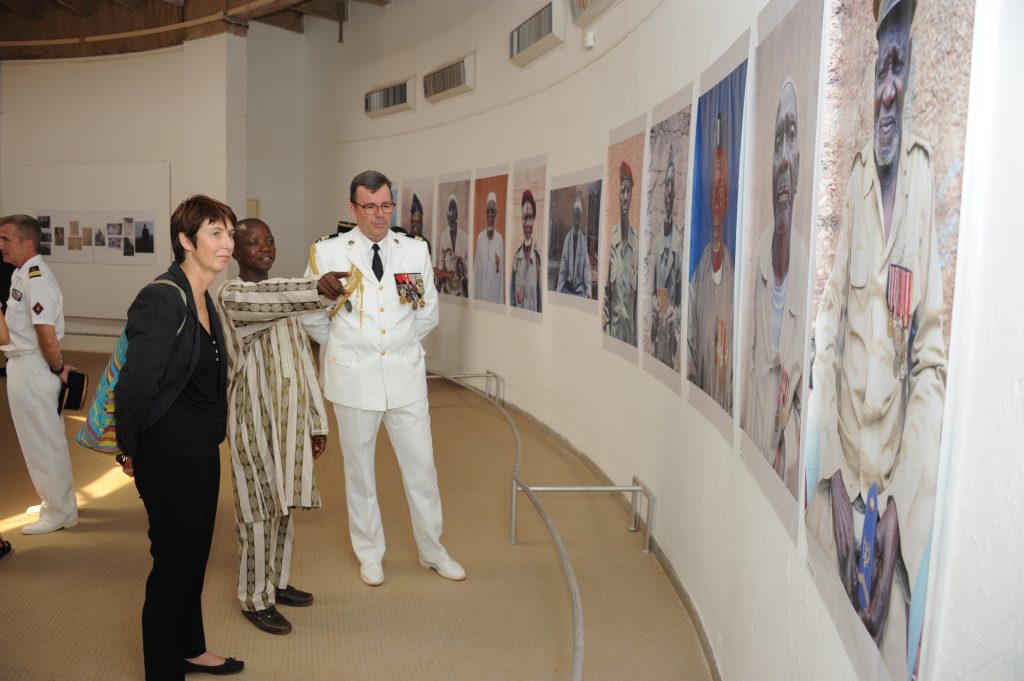
CULTURE
SENEGAL – Fatimata Diallo BA: The Glow of the Feather Winner
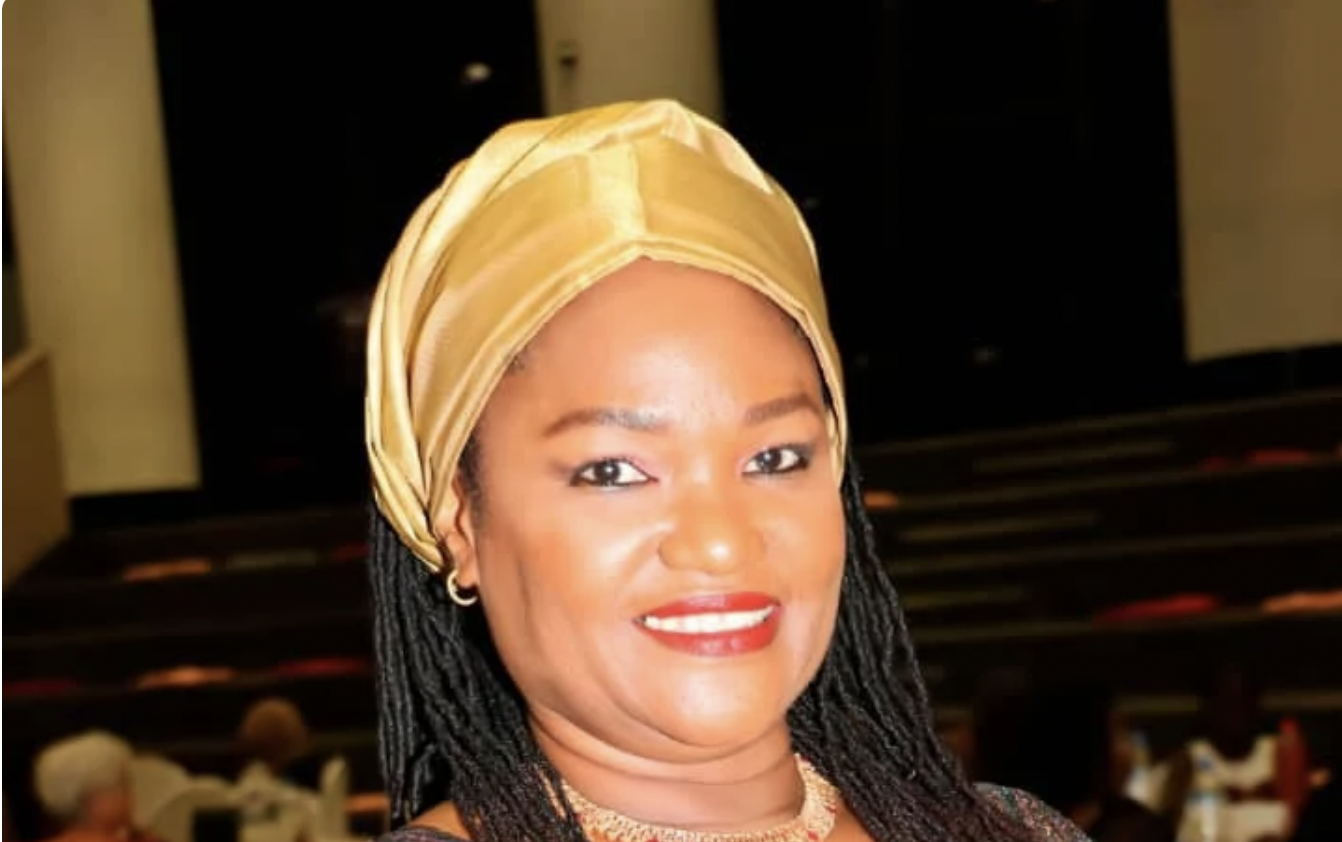
Fatimata Diallo BA, a French-Senegalese writer, recently made her mark on literary minds by winning the prestigious Cénacle Prize for Young Writers of Senegal in 2023 with her poignant novel «Rouges Silences».
Originally from Dakar, Fatimata grew up in a rich cultural atmosphere, and her academic background led her to the university benches in Poitiers and Paris, where she studied Classics. This Franco-Senegalese acquired a unique perspective, merging the literary influences of the two cultures that shaped her.
With seventeen years of experience teaching in the suburbs of Paris, Fatimata Diallo BA decided to return to Senegal, where she currently works as a teacher of French and Latin at the prestigious Jean Mermoz French High School in Dakar. Her dedication to education and the transmission of knowledge is reflected in her active commitment to her students.
«Rouges Silences», his award-winning work, is a testament to Fatimata’s literary sensibility. The novel, on deep and universal themes, captivated the jury of the Cénacle Young Writers Prize, attesting to the author’s exceptional talent.
In addition to her literary success, Fatimata Diallo BA is also known for her dynamic involvement in various literary meetings and fairs. Her love for sharing literature and promoting dialogue around the book is evident in her active participation in these events.
With «Rouges Silences», Fatimata Diallo BA asserts herself as an emerging voice that deserves attention and recognition in the contemporary literary landscape. Her commitment to education and her talent as a writer promise a promising future, making her an inspiring figure for future generations of writers in Senegal and beyond.
Source: Senegal Njaay
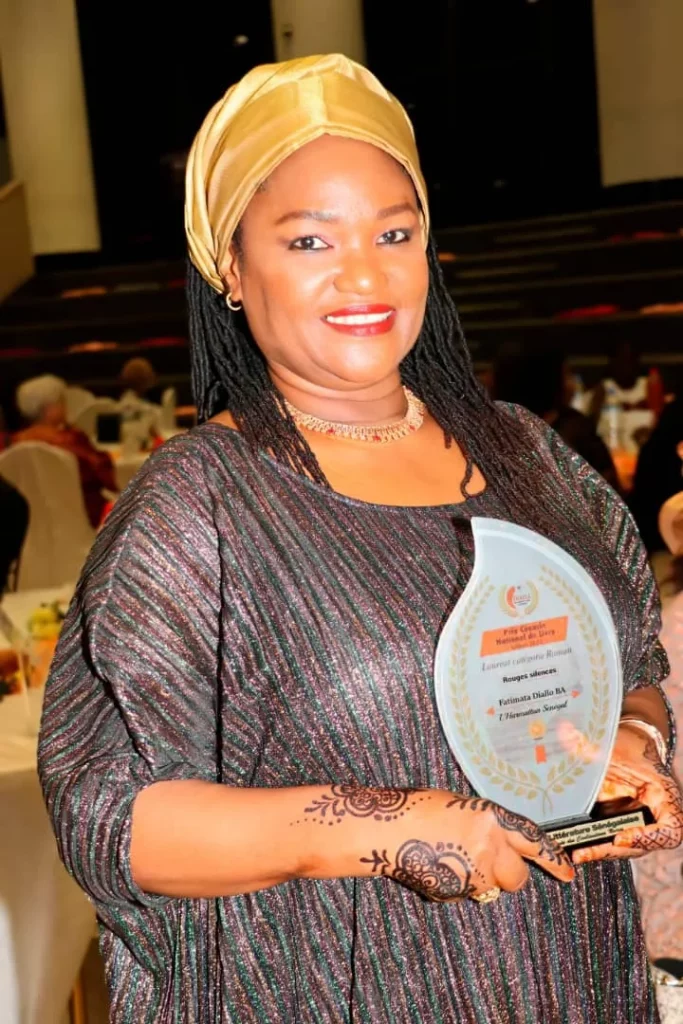
CULTURE
SENEGAL – Exclusive interview with Yussu Dumbia a.k.a Y.DEE
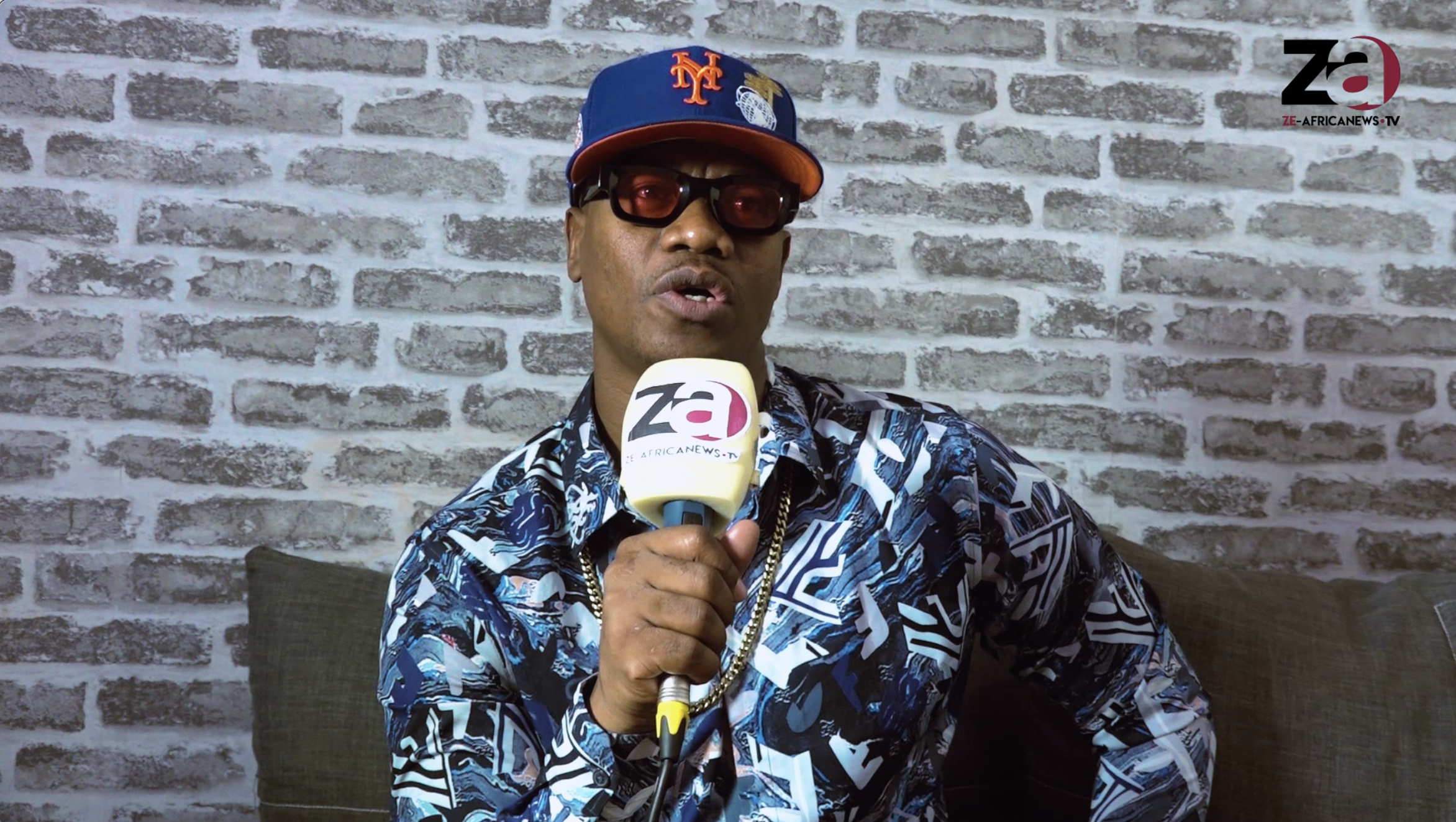
As part of the 9th edition of the Galsen Hip-Hop Awards, the Ze-Africanews team met Y.DEE the initiator of this cultural project.
Y.DEE lives between Senegal and the United States, he returns every year for this program in the city of Dakar. Host, columnist and rapper, he told us about his career, his impressions at the end of the 9th edition of the Galsen Hip Hop Awards edition 2023. During this edition the 50 years of Hip Hop were celebrated.
The African continent was represented at this edition. The older generation was honoured as forerunners and elders in the field.
Rwanda was the sponsor of this edition.
The full interview is available here:
CULTURE
CULTURE-LIVRE – Journalist Madiambal Diagne publishes a book on the history of Adji Sarr and Ousmane Sonko

The head of the press group Avenir Communication, which claims on all rooftops its proximity with President Macky Sall, announced this Friday, July 21, 2023 the release of its «investigation book» on the story that led Ousmane Sonko and the young masseuse Adji Sarr before the Criminal Chamber of Dakar on 23 May.
I am announcing the release of my investigation into the Adji Sarr – Ousmane Sonko case. The book “Ousmane Sonko – Adji Sarr: History”, will be sold on Monday, July 24 everywhere. The preface is by Hamidou Anne. I am published by Daily Editions,” he wrote on Twitter.
It should be noted that Hamidou Anne who prefaced this book is also one of the most virulent detractor of the Senegalese opponent. His columns are published on the website and the newspaper of the press group held by Madiambal Diagne, author of the book published by his own publishing house.
-

 EAST AFRICA1 year .
EAST AFRICA1 year .TANZANIA – President meets with Chairman of the Board and CEO of the Merck Foundation
-
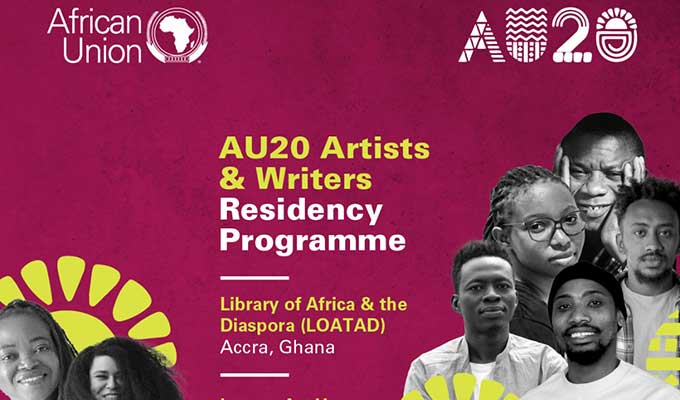
 CULTURE1 year .
CULTURE1 year .AFRICA – African writers and artists celebrate the 20th anniversary of the African Union
-

 BUSINESS8 months .
BUSINESS8 months .GUINEA – Authorities demand repatriation of mining revenues
-
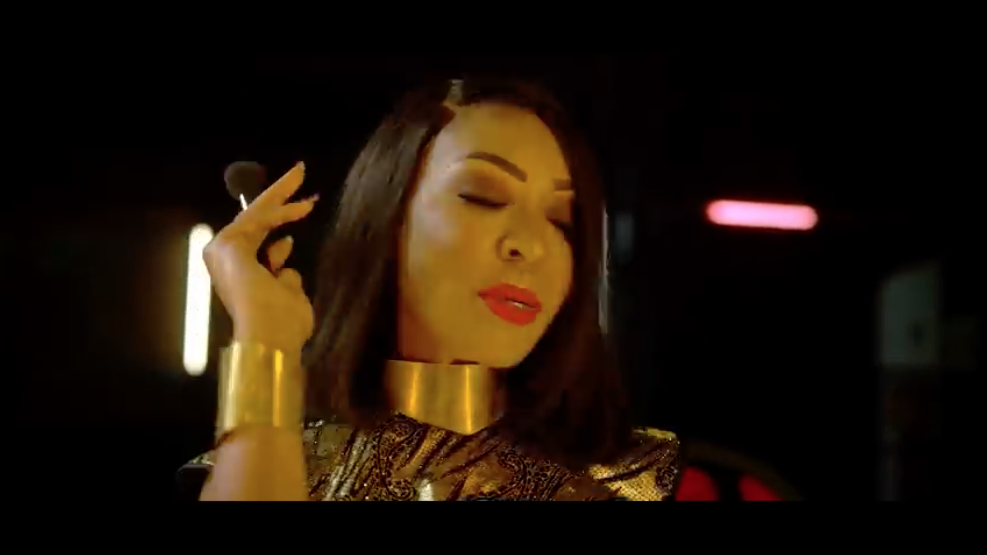
 CULTURE3 years .
CULTURE3 years .SENEGAL – “Sadik Lady” by Viviane Chidid
-

 CULTURE1 year .
CULTURE1 year .SENEGAL – Massamba Guèye wants to democratize the story
-
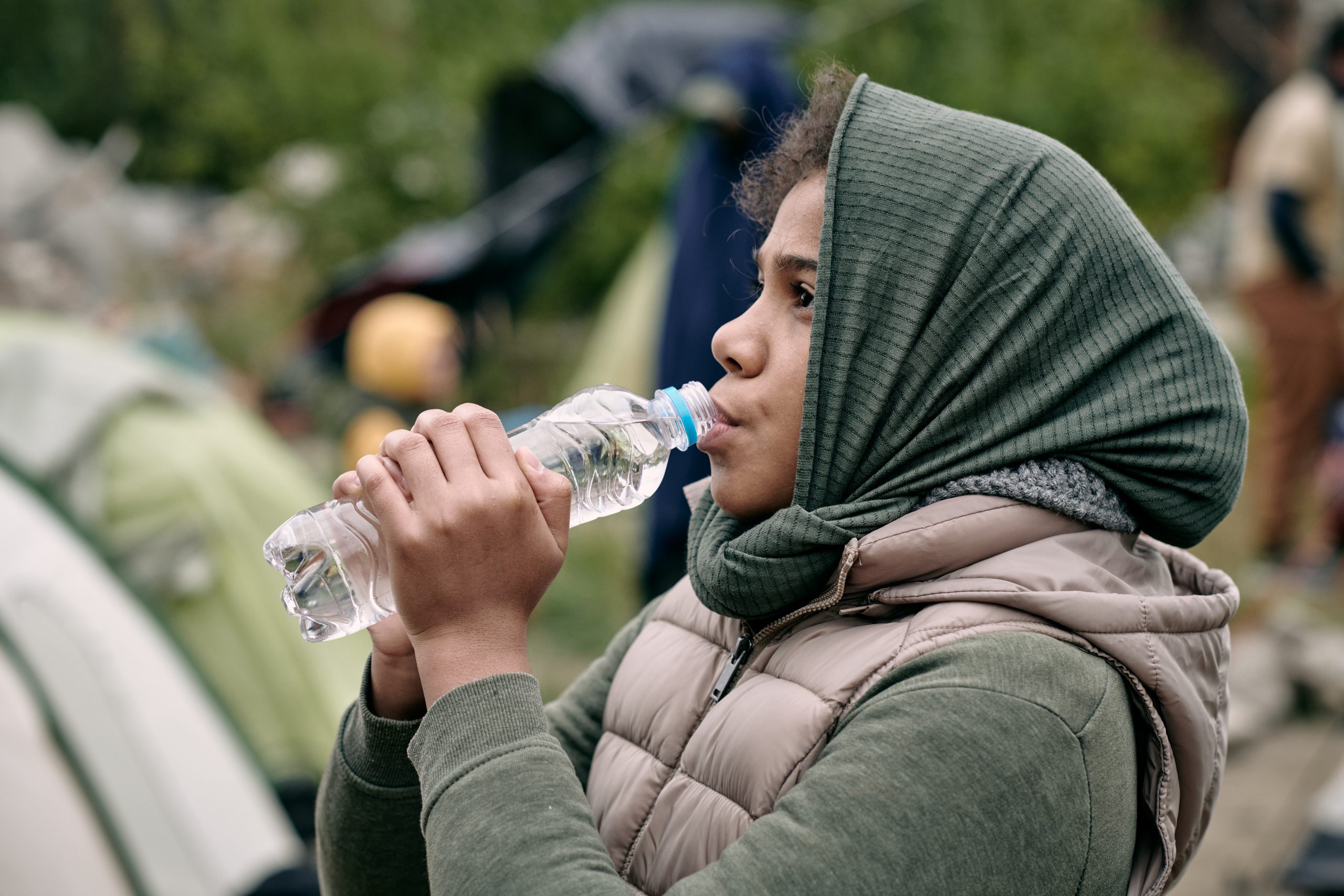
 IMMIGRATION9 months .
IMMIGRATION9 months .AFRICA – Migrant smuggling brings 59 billion CFA francs to smugglers per year
-
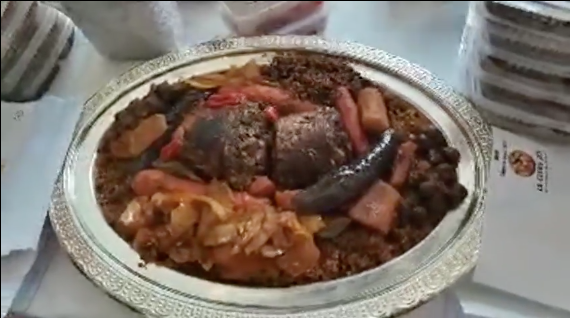
 CULTURE2 years .
CULTURE2 years .SENEGAL – Thiéboujeun inscribed on the World Heritage Site
-

 MOROCCO1 year .
MOROCCO1 year .MOROCCO – The King of Morocco Mouhamed VI finally in Dakar, tomorrow Tuesday



